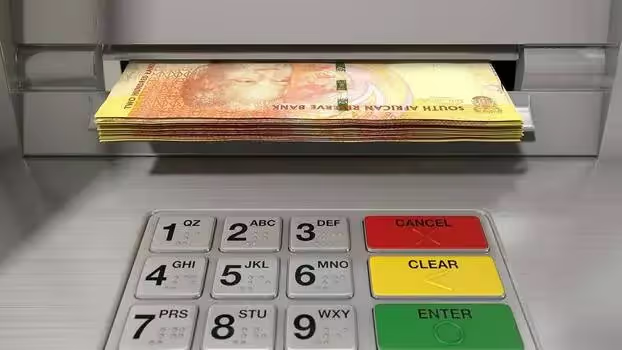An estimated 1.4 billion people globally are excluded from the traditional banking system, and most of them live in Africa. They work predominantly in the informal economy, have no regular income, and can hardly build up savings. Financial technology (FinTech), a relatively new sector combining financial services and data technology, promises financial inclusion for those “underbanked people”. In Africa in particular, the expansion of mobile telecommunication and internet networks has spurred FinTech business. South Africa, the wealthiest country on the continent, is considered a regional hub for financial business built around the economy of data mining.
Banking on the Poor: The Rise of Financial Technology in South Africa, a new policy paper written by Fabio De Masi, provides a short introduction to FinTech and discusses the sector’s special role in the country. The policy paper assesses the business landscape, discusses the risks to political and economic sovereignty, and explores political strategies to counter the overconcentration of data and financial power with a special focus on Central Bank Digital Currency (CBDC).
South Africa should strengthen data protection and the public ownership of data in the telecommunications sector, as well as enforce antitrust legislation and regulate FinTech to at least the same extent as commercial banks. Another option could be to tax local data mining. Furthermore, cash payments for smaller amounts should be protected and mobile payments by public banks as well as CBDC should considered as a means of offering financial technology as a public good. However, those policies will require confronting state capture and corruption in the South African political system.
This policy paper builds on De Masi’s previous study for the Rosa Luxemburg Foundation, When Finance Meets Big Data: Financial Technology and the Scramble for Africa. That study entailed a detailed discussion of the social and economic implications of Big Data, the role of Big Tech firms in the payment sector, the role of FinTech in the monetary system, and the broader FinTech environment in Africa. Banking on the Poor focuses more narrowly on FinTech in South Africa and the governance of FinTech business as well as public alternatives to ever-increasing corporate financial, market, and data power.
About the Author
Fabio De Masi is a former MEP and MP for Die Linke, where he was vice chair of the parliamentary group and its spokesperson on financial affairs. He is currently a research fellow with the Financial Innovation Hub of the University of Cape Town in South Africa.




.png)

